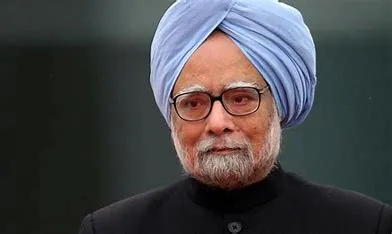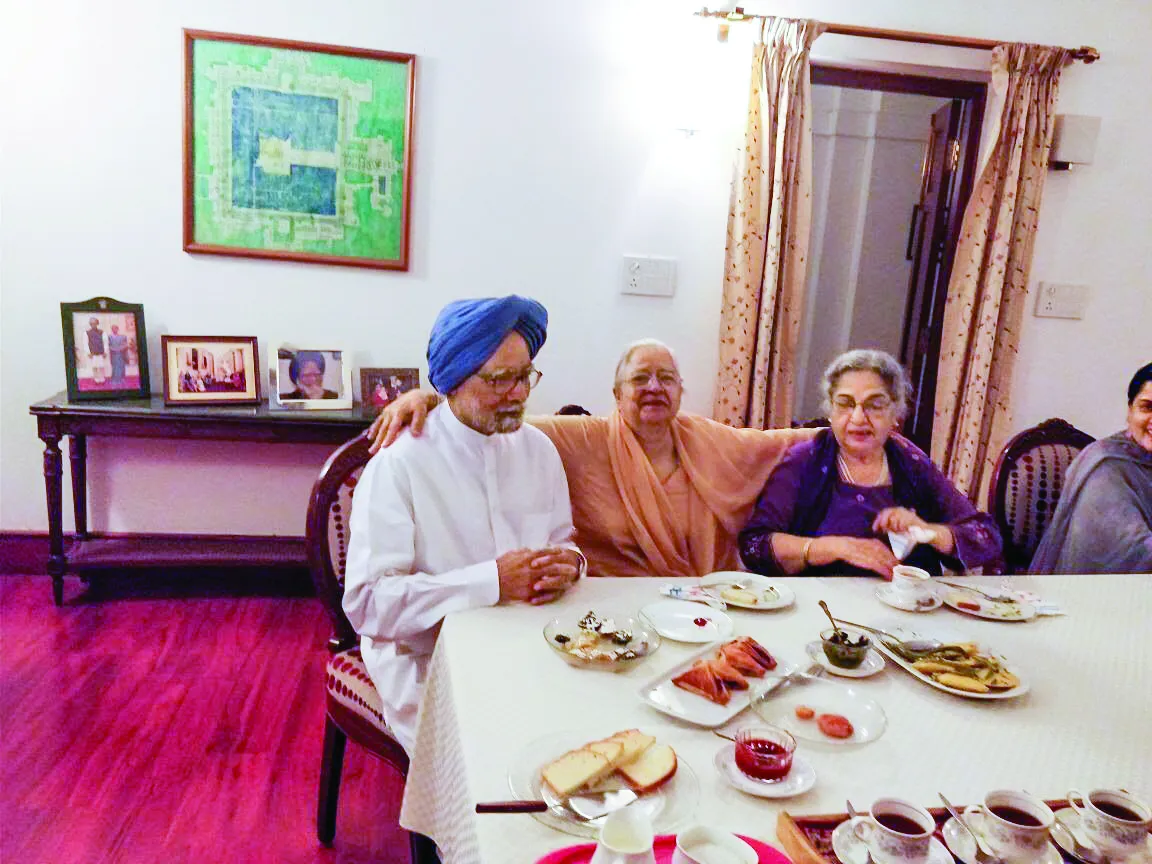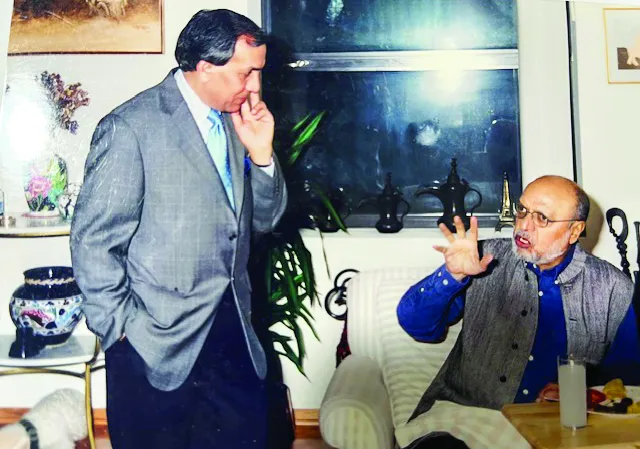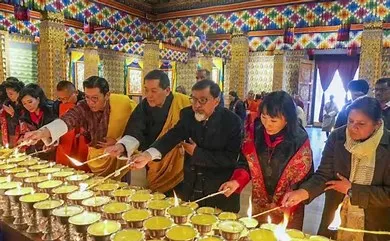A little over two years ago, on 14 June, actor Sushant Singh Rajput committed suicide, sparking a nationwide debate on nepotism within the film industry. In an interview published in a newspaperlast month, actor Nawazuddin Siddiqui wondered why there was so much focus on the so-called nepo kids of Bollywood. His own view was that similar nepotism existed in cinema emerging from the Southern part of the country too, so why single out Bollywood?
Siddiqui is, of course, right in coming to observing that nepotism flourishes in the Southern film industry, and it would actually be astonishing (and immensely reassuring) were nepotism confined to Bollywood alone. There is no question that nepotism exists in cinema emerging from everywhere in the country, including, say, Bhojpuri cinema, and not only Bollywood or the South. This does not, of course, mean that it is not an evil that we need to get rid of, or more realistically speaking, reduce to the extent possible.
It is well-known that outside the world of cinema, in India rampant nepotism exists in the world of courts and lawyers. Prominent lawyers garner most cases, and although things are slowly changing, it still isn’t easy for a first-generation lawyer to make a breakthrough. When the sons and daughters of senior lawyers join their parent’s profession, they receive special or privileged treatment. The progenies might work as a junior in their father’s law firm, together with other law graduates, but there was no question that other juniors would not be on par with them. After all, they were to be the inheritors to the law practice that their parent had so assiduously built up over the years which he, the parent, had possibly himself inherited from his parent. The other juniors know all this very well and may try and cosy up to the progeny, the star kid in the world of lawyers, in the hope that this would get them better treatment from his or her parent.
In India, nepotism also exists in very many other areas aside from the film world and the world of law and justice, so the question is: are we being unfair in singling out Bollywood? Will it dilute the crusade against nepotism were the attack to be broadened to cover other areas and walks of life? One prominent area where nepotism flourishes possibly even more than the film world and the world of law and justice is the world of politics.
Most prominently, there is the Gandhi dynasty, but it is not, by any means, an exception to the dominance of national politics by political families. Far from it. There are so very many instances in the country where political parties are controlled by a single leader, and then a son or daughter, or son-in-law, as the case may be, inherits the mantle of leader of the party. Not only do Indians appear to tolerate and accept such nepotism in politics, but it is, in fact, a political model that has taken root across the country.
Is nepotism then something unique to India? It is not an Indian word and, therefore, not an Indian phenomenon alone, but perhaps there are few places in the world where it is so endemic as it is in the Indian subcontinent. Nepotism flourishes across the border in Pakistan, Bangladesh, and Nepal. It may be the case that there are more possibilities of an outsider making it in politics in India than, say, in Pakistan. After all, it was in India that a former chaiwallah became the prime minister; our belligerent neighbour to our west can provide a few instances of such a happening.
Is there no nepotism in the West? Far from it. In defence of India, it will be argued that even in American politics, there was at first Bush Senior who became President of the United States and then some years later he was followed by George Bush Junior. Bill Clinton was President of the United States, and then his wife Hillary became Vice-President and nearly made it to the White House. Surely there was some kind of nepotism at work even in those distant societies, even if the exact way these things happened has not been sufficiently analysed? It is possible to be certain that the Bush family and the Clintons of the world are innocent and accusations of nepotism against them are unfair? It does appear to be too much of a coincidence that two members from the same family should become President of the most powerful country in the world. The point, though, is that while there is a degree of nepotism everywhere in the world, much like corruption that is present in each and every nation on the planet, we, in India, seem to be setting some kind of records here!
There is no perfectly merit-based society in the world. In that sense, the communists are not wrong. In fact, they are so right that even in all the communist regimes that have existed till now across the world, being the son or daughter of a party boss has meant being entitled to endless privileges! To an extent, it could be said that nepotism is, and has been, practiced across the entire world, no matter whether the system in a particular country is feudalistic, capitalistic or socialistic.
What nepotism does is to lower a nation’s performance. Many times, we lament that Bollywood does not up its act and produce better cinema that can gain us greater respect from the world and, given recent box-office performances even our own audiences. What we fail to recognize and accept is that one important reason why Bollywood lags behind and does not produce better cinema is because of nepotism. When a country moves up the “meritocratic” ladder, the results are automatically better. A society that rewards merit in lieu of being powerfully connected starts to perform better and more efficiently. It also takes a big step further towards becoming not only a more humane society by reducing discrimination, but also, eventually, a more affluent society, with beneficial consequences for each and every one of us.
Rajesh Talwar is an author of 34 books across multiple genres. He has worked for the United Nations for over two decades across three continents.























